Celebrating the past: why a history club can be good for your health
Our history clubs form part of our GeoStories programme, bringing local history to life and preserving it for future generations. We’ve been helping communities capture their memories across the north east for over ten years, unearthing brilliant stories about brilliant people, most recently in Kibblesworth. Come with us as we take a closer look at the stories and people, find out what goes on at history club, how the Digital Voice team preserve and share the stories, and why most people report feeling much better afterwards (and it’s not just the tea and cake!)
‘Do you remember when …?’
Local history primarily exists in people’s memories. There may be mentions in history books but if your village isn’t ‘famous’ for some reason, it’s likely that the rich history won’t make it into a book or a website. That's why our GeoStories programme exists; we find the stories and then record and share them.
Our Kibblesworth Stories project set out to record the heritage of the village in an engaging way and then bring it to life through digital creativity. Our team worked with older residents and children at Kibblesworth Academy to collect memories and stories about Kibblesworth.
The Kibblesworth Village Millennium Centre was the heart of this project. People were invited to bring stories, photos and newspaper clippings and we started to build up a picture of all aspects of village life. We heard stories about blackberry picking; the closure of the pit; the local pub; songs; prize leeks; and that turnips were called ‘snadgers’!
The next part of the process is how to record them so we can then share with a wider audience and as our name suggests, we do this digitally. People have their stories recorded, photos and news clippings are scanned, sometimes we use animation to illustrate a particular story. All of these elements are then combined to make a series of short films which we can then share.
Kibblesworth’s stories were shared in a community curated exhibition at the Kibby Centre as well as being permanently available on our Youtube Channel. The sharing itself is a vital part of any GeoStories project as Julie Nicholson, our Managing Director, explains:


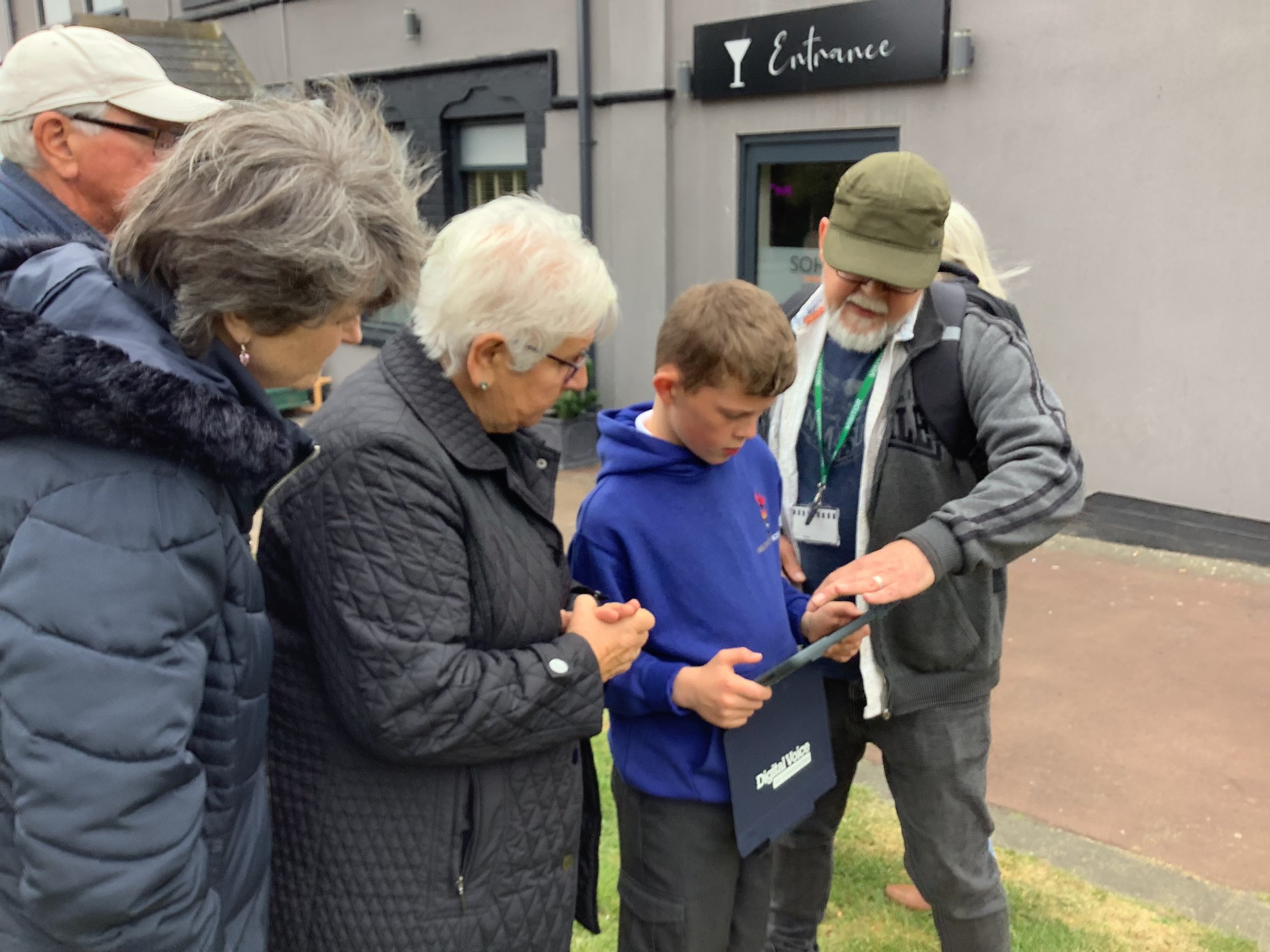
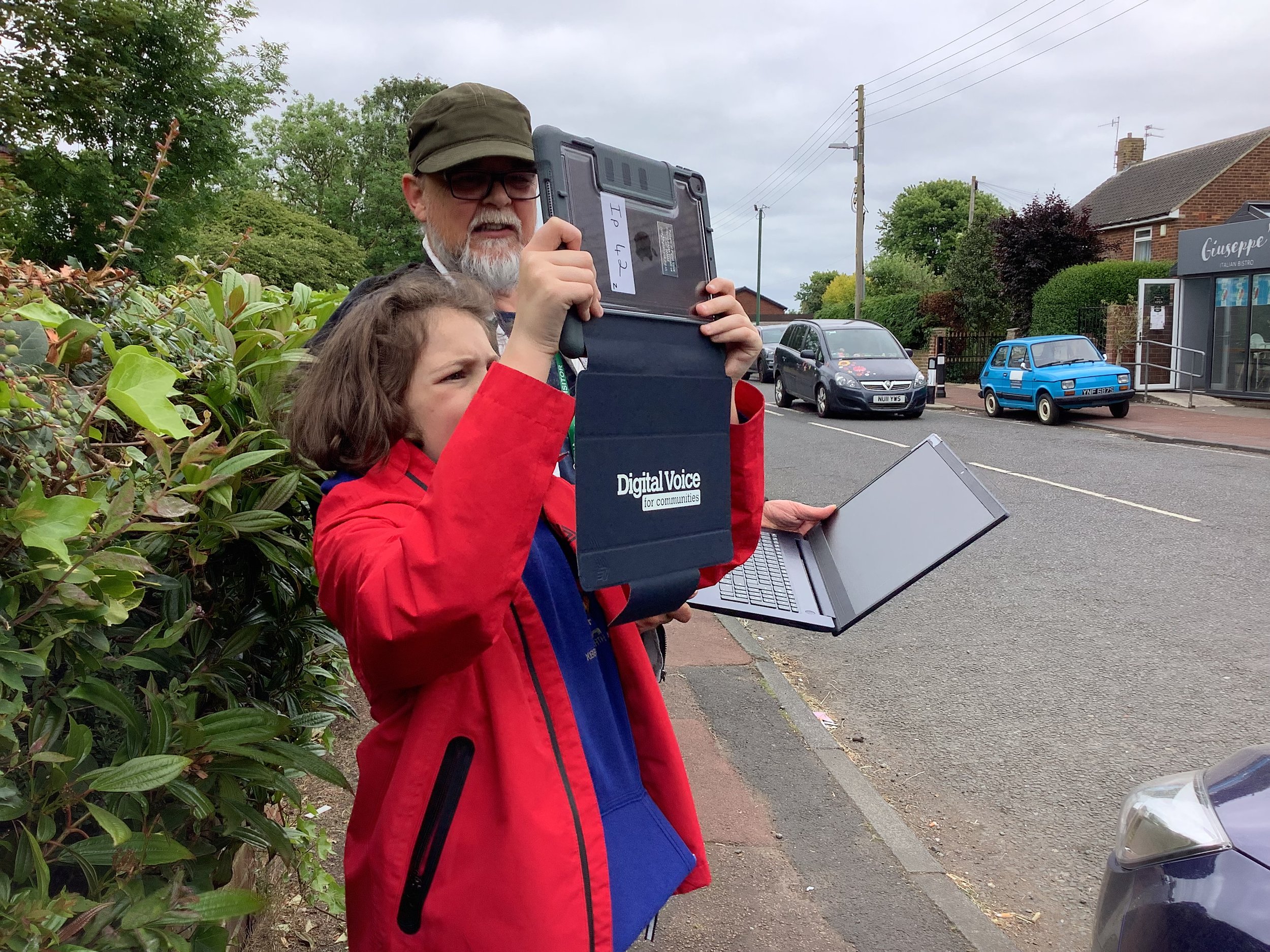
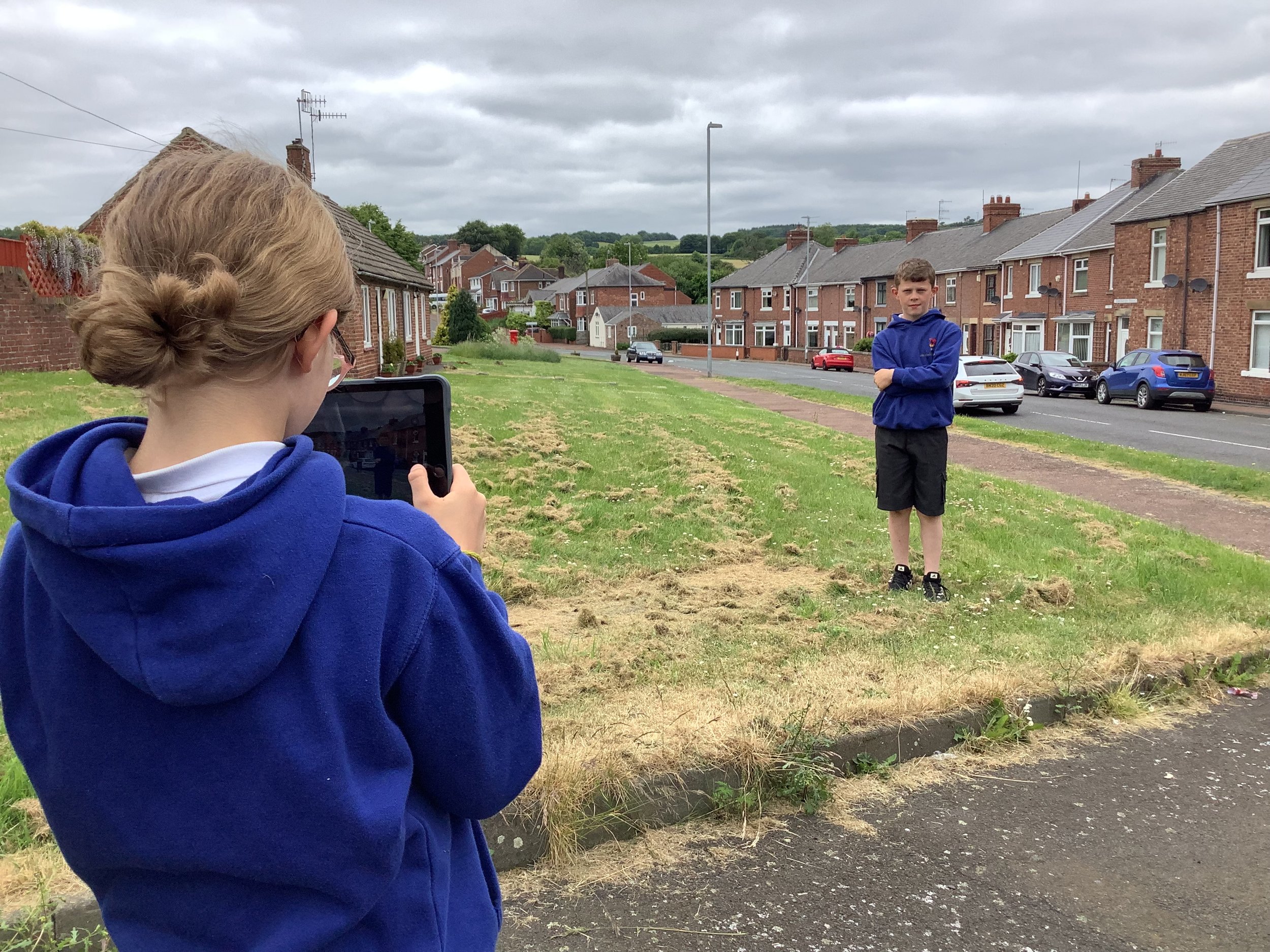
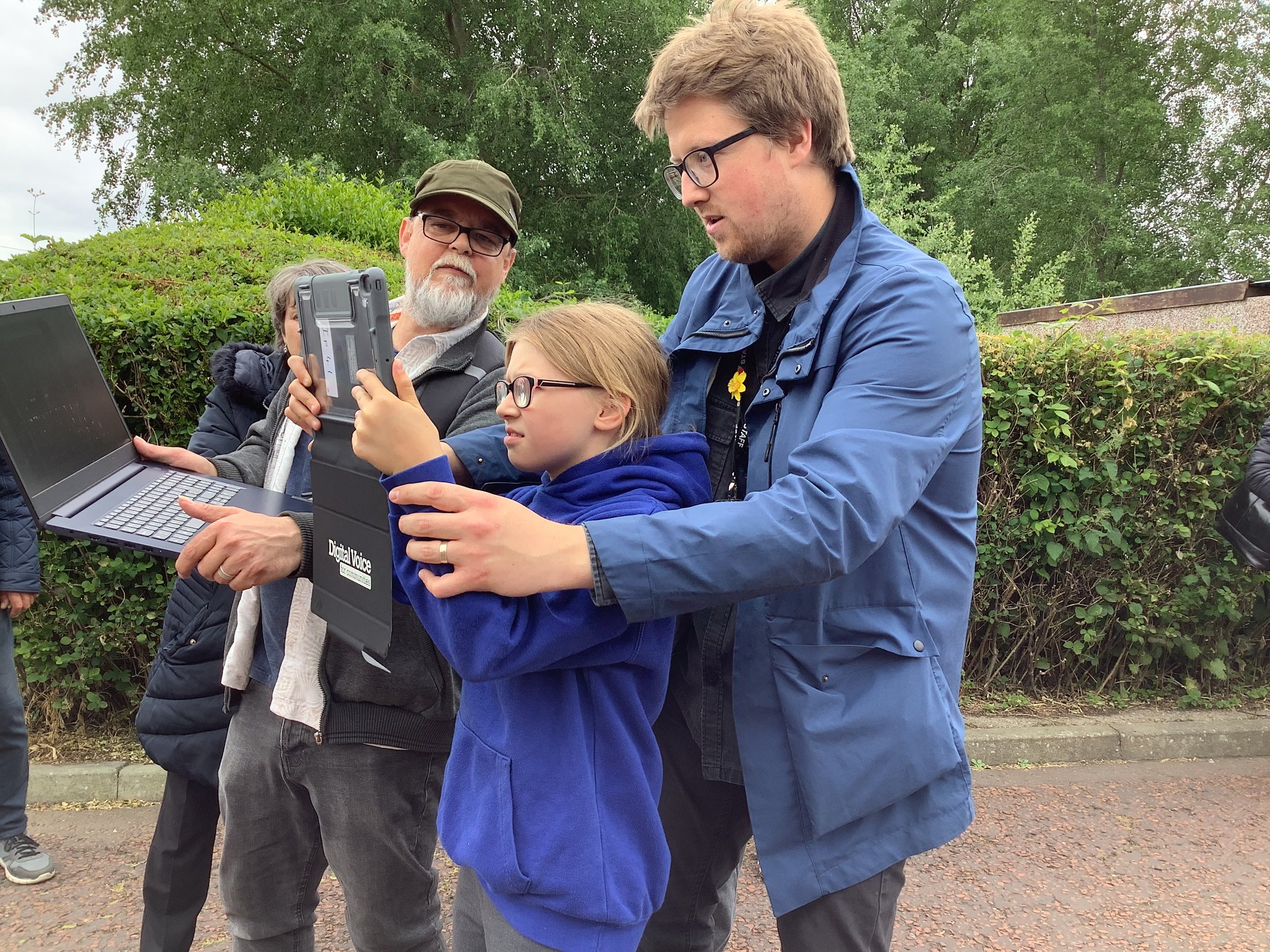
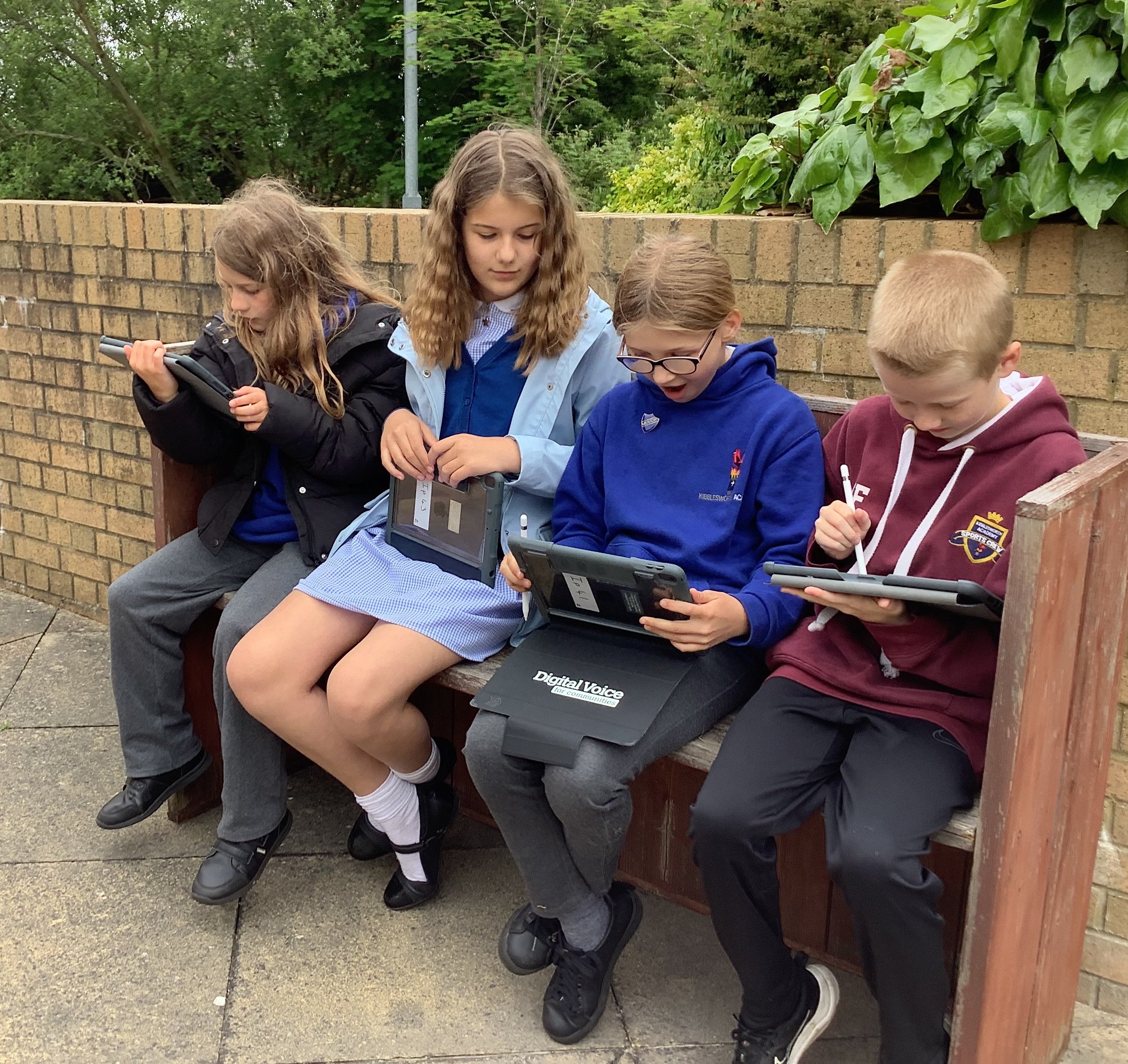
“Sharing these stories brings the community together. People young and old understand how their local heritage has shaped their village; and it’s not just about looking back, it’s about making sense of now.”
And the benefits don’t stop there; people report a greater sense of connection which leads to an increased sense of mental wellbeing. The project builds people’s confidence both digitally, and socially. Older people share memories and learn new skills, while young people have the opportunity to learn about filmmaking. But don’t just take our word for it, here’s a snapshot of the feedback we received:
Excellent, a good way of capturing history that will soon be lost
Interesting brought back memories, especially Ken the copper
Brought back lots of happy memories
It’s good to share, good for children to see life as it was
Very emotional
When I saw the blackberries [film] it was like a little snapshot of your life
This good feeling is not just confined to the participants, our staff genuinely enjoy unearthing these stories. Ben, our Digital Media Worker, was able to combine his interest in local history with film-making on the Kibblesworth project:
“We had two women tell the story of their father Jimmy McMillan who had been a very successful amateur footballer with the club Crook Town. I’ve always been interested in local history, so the GeoStories projects are always a blast, but that particular story was such a perfect intersection of my interests in football, local history, storytelling, and video editing, and I found myself taking a deep personal interest in Jimmy and Crook Town AFC.”
If you would be interested in a similar project for your local community then please get in touch, we’d love to hear from you.
Our thanks to The National Lottery Heritage Fund for making this project possible.

